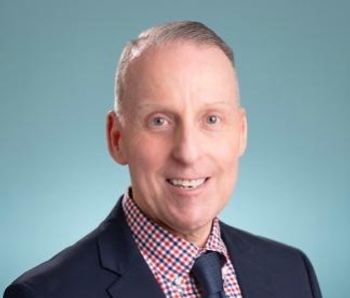
Podcast: The Holocaust Survivor Who Forced Us to Face Burnout
Data Book tells the story of Herbert Freudenberger, Ph.D., who came up with the term “burnout.” KOLs then discuss how health tech can fight physician burnout.
In the early 1970s, no one was discussing burnout. The condition was hardly recognized, and the term itself had yet to be devised. “Burnout” didn’t burst into the public consciousness until Herbert Freudenberger, Ph.D., a psychologist who spent his days practicing in New York City and his nights volunteering at a free clinic,
In this episode of Data Book, we examine Freudenberger’s work to define and analyze occupational burnout. What led this man — a
Delving into the history of our understanding of burnout is not a trivial exercise. We decided to explore Freudenberger’s work for a couple of reasons. For one, the timeline points to our relatively new acknowledgement of a condition that has likely existed, in some form, for far longer than we can measure. At the same time, many of the institutional pain points and potential causes that Freudenberger documented remain relevant to the burnout conversation. Although our grasp on burnout is young, organizations surely have had enough time to implement stronger practices for prevention and response. Yet here we are.
Finally, Freudenberger argued that burnout most affected people who were committed. The professionals who work long, grueling hours in their quest to deliver something of value to society. And the people who, at some point, find that their work has become routine and boring. Despite being nearly 50 years old, that description applies to many of today’s doctors — and it continues to enter conversations on physician burnout.
What insights can we draw from Freudenberger’s early examination of burnout? What has changed since the 1970s and what has stayed the same? And how can we enact meaningful change to reduce physician burnout? Let us know your thoughts on
Also in this episode, Data Book turns to an expert panel for a discussion on how
Perhaps, they argue, the healthcare system’s regulations, reimbursements and incentives must change if our doctors are to heal.
Get the best
Related




















































































